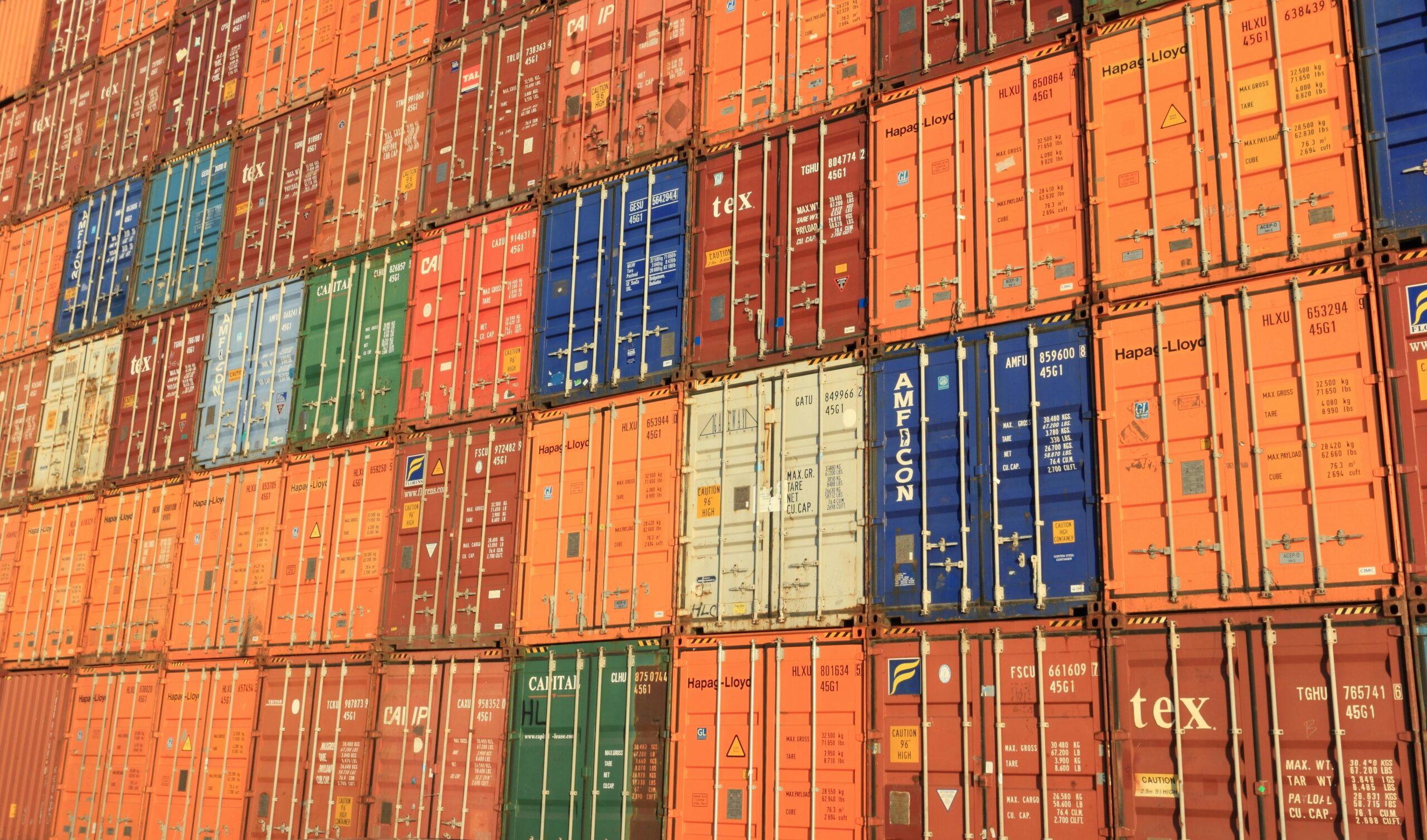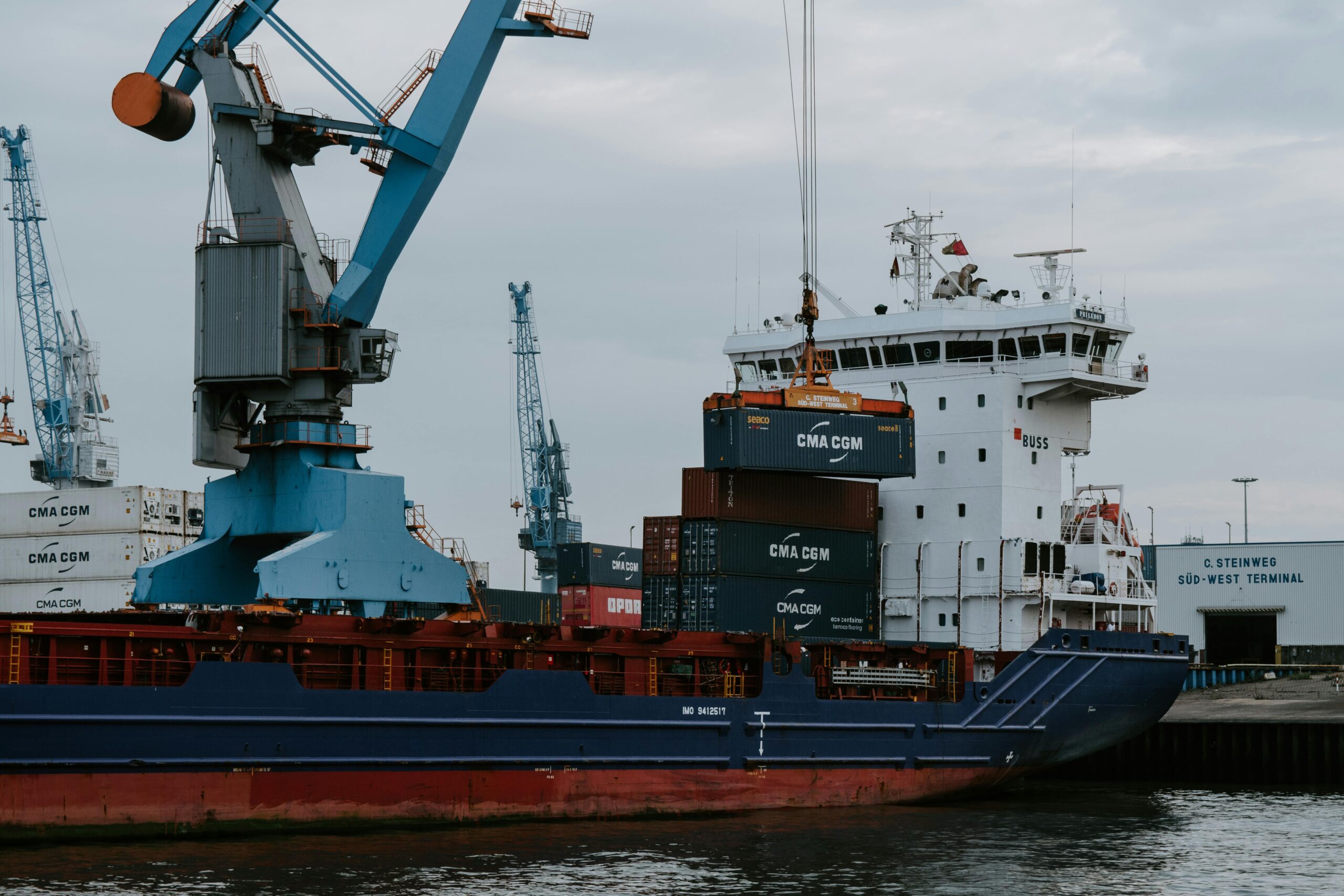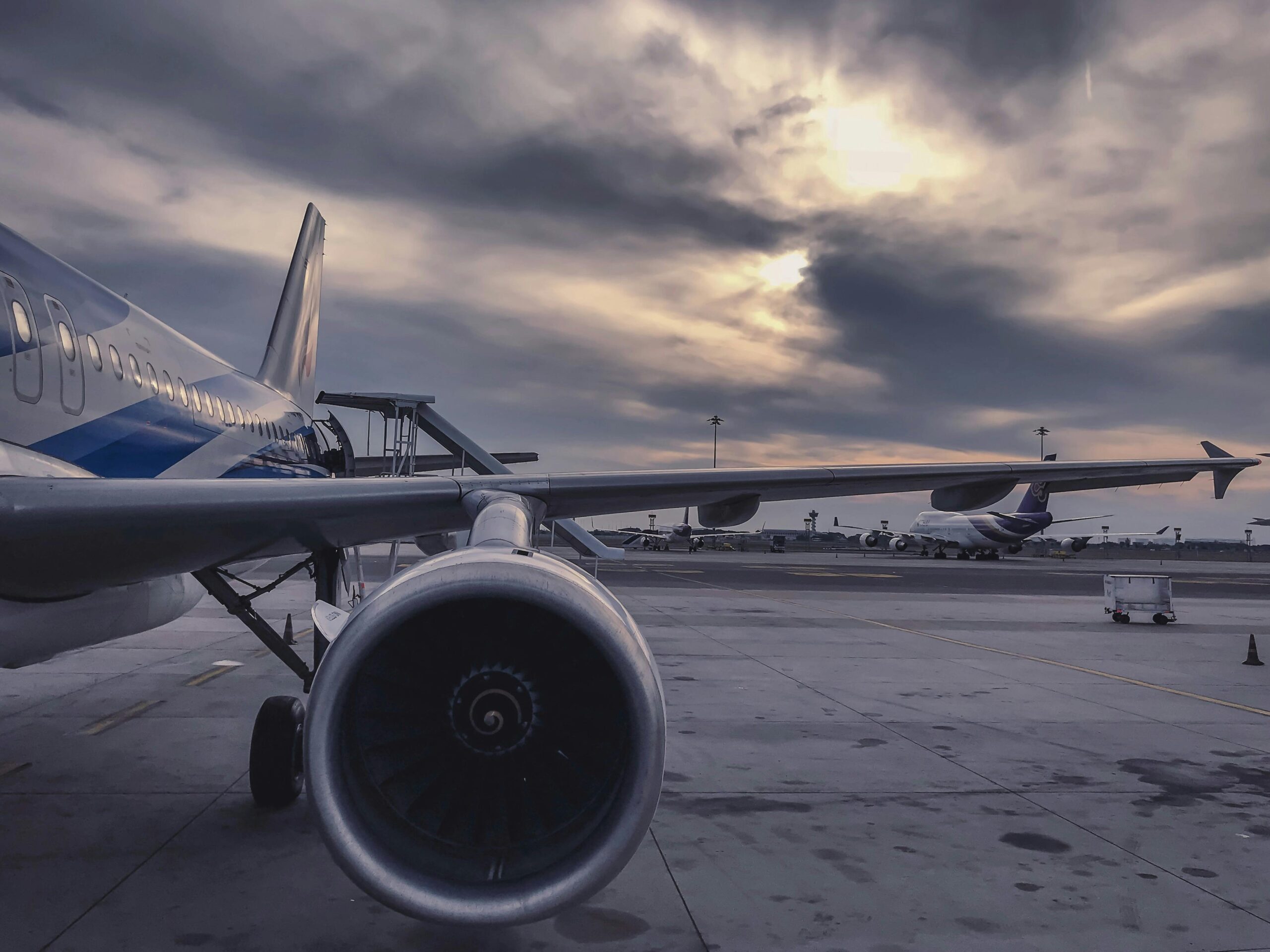Thinking of diving into the world of importing? Importing products is a fantastic opportunity to expand your business, ensuring exclusive products at the best cost-benefit. While it sounds appealing, it's not always a straightforward process. Want to know more? Genco has the answers!
Here's a guide we've created specifically for you, who's looking to take your first steps in international trade.
First Steps
- What do you want to import? Define your product of interest and analyze market demand.
- Identify reliable suppliers and compare prices. Remember that, in addition to price, quality, delivery times, and payment terms should also influence your choice.
- Conduct a competitive analysis! Identifying what works or doesn't work based on the experiences of other businesses will help you see your strengths and weaknesses.
Necessary Documentation
We've compiled a list of the main documents required for your import:
- Certificate of Origin (CO);
- Packing List or Cargo Manifest;
- Proforma Invoice;
- Commercial Invoice;
- Bill of Lading;
- Import License (LI);
- Import Declaration (DI).
Customs Regimes
A customs regime is a set of rules that defines how goods enter and leave a country. It establishes the procedures for inspection, taxation, and control of foreign trade operations. The choice of the appropriate regime depends on the nature of the goods and the purpose of the operation, directly impacting the costs and time involved in the process.
• Common Customs Regime: Standard for international logistics operations. It regulates the entry and exit of products and services within the national territory. Under this regime, exemptions or zero rates may be granted in specific cases.
• Special Customs Regimes: Applied specifically to meet certain particularities, usually linked to tax exemptions or expedited customs clearance.
• Customs Regimes Applied in Special Areas: This regime covers some sectors that require a specific condition in importing or exporting, such as customs transit, temporary admission, drawback, etc.
Costs
The costs of an import go far beyond the product value. It's essential to understand them to ensure the viability of your operation. In addition to taxes, there are also:
- International freight;
- Cargo insurance;
- Storage;
- Customs broker;
- Basic expenses.
International Logistics
There are several modes of transport available for the international transport of goods:
• Maritime: large loads and long distances.
• Air: cargas de valor agregado, perecíveis, urgentes e amostragens menores.
• Road : short and medium distances, complementing other modes.
Brazilian Legislation
The legislation governing imports is quite complex and involves various government agencies, including:
• Customs Code : The primary law that establishes procedures and the rights and duties of those involved in foreign trade operations.
• Decree No. 6.657/2008: Regulates the Customs Code and establishes general rules for customs control.
• ANVISA Regulations : The National Health Surveillance Agency (ANVISA) regulates the import of products that pose health risks, such as food, drugs, and cosmetics.
• IBAMA Regulations : The Brazilian Institute for the Environment and Renewable Natural Resources (IBAMA) regulates the import of products that may harm the environment.
• CAMEX Resolutions : The Foreign Trade Chamber (CAMEX) is responsible for establishing general rules of foreign trade and issuing resolutions that regulate various aspects of imports.
• Ministry of Agriculture, Livestock, and Supply (MAPA): Regulates the import of animal and plant products, such as meat, milk, and grains.
• National Agency of Petroleum, Natural Gas, and Biofuels (ANP) : Regulates the import of petroleum and natural gas products.
• National Telecommunications Agency (Anatel): Regulates the import of telecommunications equipment.
It is essential for importers to be informed about all legal requirements applicable to their goods, seeking guidance from a professional specialized in foreign trade.Failure to comply with regulations can result in fines, seizure of goods, and even import bans..
Fiscal Classification and NCM
The correct fiscal classification of your goods is essential to determine the taxes applicable to the import and ensure agility in the customs clearance process. However, classifying a product in the NCM is not so easy, due to the existence of thousands of subclassifications.
Genco Import & Export offers a specialized service in fiscal classification, analyzing the characteristics of your product in detail and ensuring that it is classified in the most appropriate NCM (Common Nomenclature of the Mercosur).
Specialized Advisory
We know that entering the vast world of importing is not an easy task. That's why hiring a specialized service guarantees security throughout the process. Just look at what we can take care of for you:
• Documentation: Preparation and verification of all documentation required for importation.
• Negotiation: Negotiation with suppliers and carriers to obtain the best commercial conditions.
• Logistics : Organization and monitoring of international logistics, ensuring the safety and integrity of your cargo. Organização e acompanhamento da logística internacional, garantindo a segurança e a integridade da sua carga.
• Customs Clearance: Preparation and monitoring of the Import Declaration (DI), representing you before the Federal Revenue Service.
So, what do you think? Did you get the tips?
Importing is a challenging and bureaucratic process. Count on Genco for the best advisory for your import!
We take care of every detail of your order, ensuring that your cargo arrives safely and hassle-free.
Contact us and learn more about our services!




